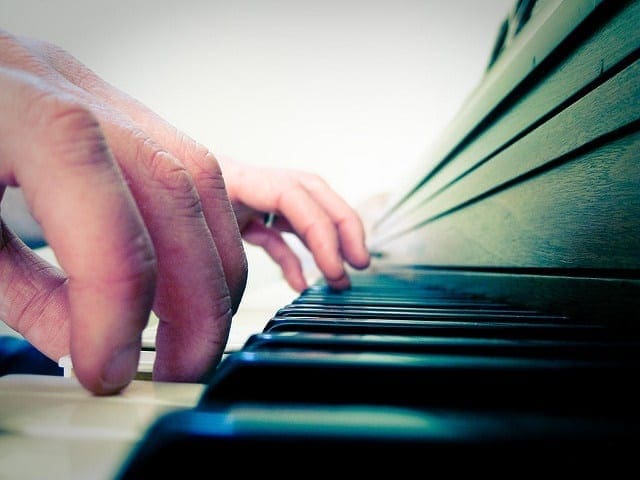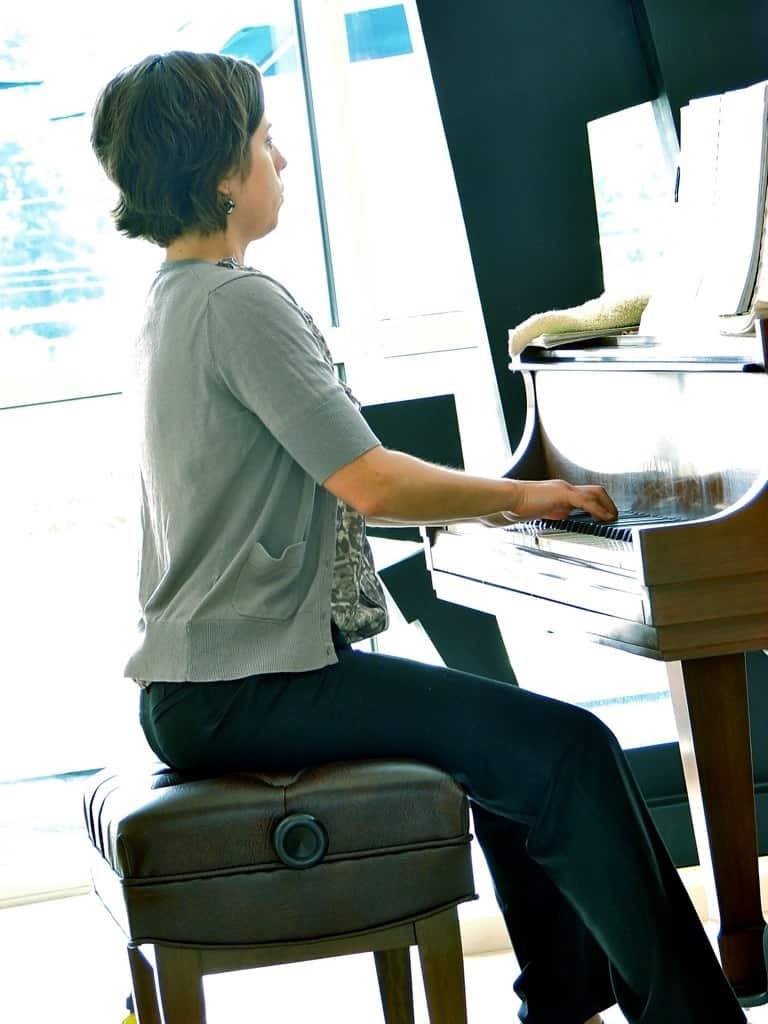Are you just starting to play the piano? If your progress has stopped, you need to improve your piano playing skills. Here are several tips that will come in handy:
Manage your time well
When you dedicate time to practicing and training, you should stick to it. If you allow anything to prevent you from training even once, it might become a habit. Commitment is vital to improving your skills.
If you are too busy to dedicate the same time slot to one activity, you should come up with a schedule. Put reminders on your devices so that you can be reminded every time you forget.
Plan your practice
When starting piano lessons, you need to find out what your next few lessons are about ahead of time. Doing so will allow you to keep track of your progress as time goes on. If you think that a certain skill will take too long to master, do not fret. The important thing is that you learn the skill eventually.
Learn how to read musical notations
The tips and steps that people follow either benefit from or depend on the ability to read musical notations. If you have not already done so, learn how to read piano music. This will make you an even better piano player.
Learning how to sight-read piano music will improve your ability to translate the things that you see and comprehend on the musical sheet into beautiful tunes.
Improve speed and finger-placement
Before you start playing the piano, stretch your fingers to make sure that they are ready for the session. Correct finger placement on the keyboard is a big part of piano playing skills. If you have not learnt the right finger-placement yet, ask your instructor to teach you.
Practice and memorize chords
Notes that are played together at the same time are known as chords. You should start by learning the most prominent chords then proceed to learn their different inversions. When you master the simpler ones, it is time to learn the more complicated ones.
Improve musical aptitude
According to Vincent Reina, a provider of piano lessons & training in New York City, improving musical aptitude simply means that you should train your musical ear by listening to pieces of music and inferring their notes.
Start with slower songs and use trial and error method to find their notes on your keyboard. Once you master that part, try to name the notes just by listening and write them down.
If you get them wrong the first few times, you should not worry. As you keep practicing, you will get better at recognizing musical notes with just your ears.
Improving your musical aptitude brings in a lot of benefits as well. It expands your cultural knowledge and boosts one’s self-confidence. Read more about some of the known benefits as you decide to embark deeper in the world of music.
Improve your posture
How do you sit at the piano? If you sit incorrectly, you will feel uncomfortable and end up holding yourself stiffly. This will hinder your piano playing abilities. The correct posture involves aligning your pelvis on the opposite of Middle C note.
Curl your fingers downwards, not perpendicular to the keys. The pinky fingers should also be on the same level as your other fingers for a smoother playing experience.
Practice your favorite pieces first
When you start learning how to play the piano, you should play your favorite pieces first. This will hold your interest by allowing you to learn something that you like.
When you follow all the above tips, you will start noticing a difference in your piano playing skills. Just keep practicing and you never know, you might become a much better piano player.
Image Source, Image Source; Image Source







